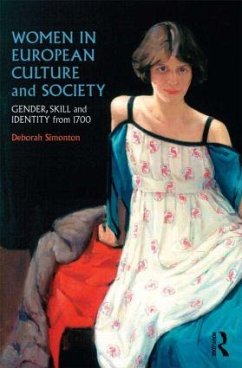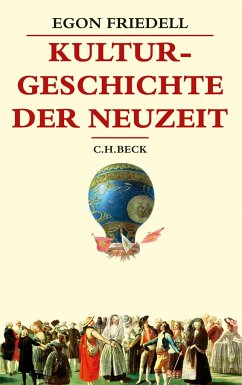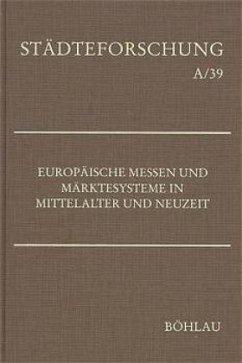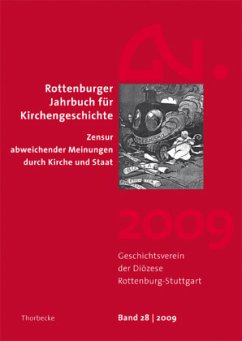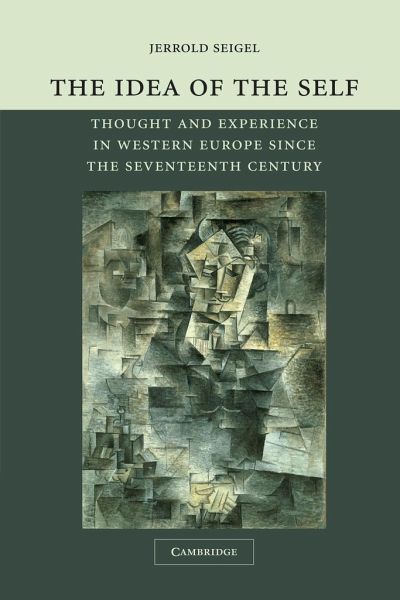
The Idea of the Self
Thought and Experience in Western Europe Since the Seventeenth Century
Versandkostenfrei!
Versandfertig in 1-2 Wochen
47,99 €
inkl. MwSt.
Weitere Ausgaben:

PAYBACK Punkte
24 °P sammeln!
This is a magisterial new account of how major Western European thinkers have confronted the self since the seventeenth century. Jerrold Seigel explores the ways in which key figures have understood whether and how far individuals can achieve coherence and consistency in the face of inner tensions and external pressures.






